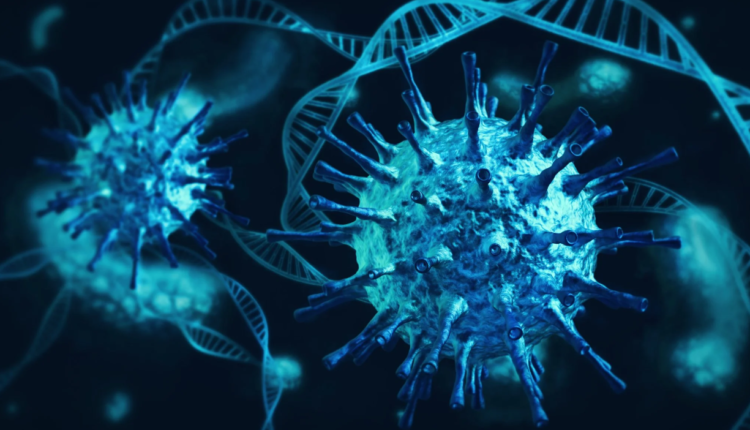Johnson & Johnson’s Experimental Dengue Pill Shows Efficacy In Animal Studies
New data published in the journal Nature shows that Johnson & Johnson’s (NYSE: JNJ) experimental dengue pill proved effective against all four virus types in mice and prevented infection from two types in monkeys. The first-in-class antiviral, shown to be safe and well tolerated in Phase 1 first-in-human clinical study, is now progressing into Phase 2 clinical studies to prevent and treat dengue. Reuters writes that early animal results add hope for what could become the first antiviral treatment for a mosquito-borne disease that causes 96 million symptomatic infections and 10,000 deaths each year. Dengue fever is a mosquito-borne viral disease occurring in tropical and subtropical areas. Symptoms include high fever, headache, rash, and muscle and joint pain. In severe cases, there is serious bleeding and shock, which can be life-threatening. As many as 400 million people contract the dengue virus each year, and the resulting illness is one of the leading causes of hospitalization among children in countries in Latin America and Asia. The mechanism of action prevents the interaction between two viral proteins (NS3 and NS4B), thereby stopping the ability of the virus to replicate. The company aims to develop JNJ-1802 prophylaxis (prevention) and treatment of dengue.


